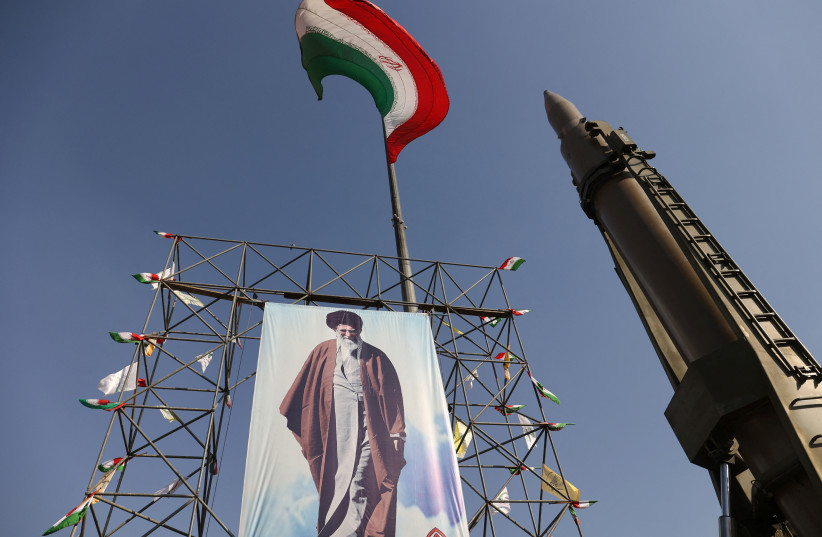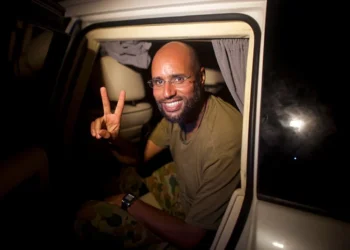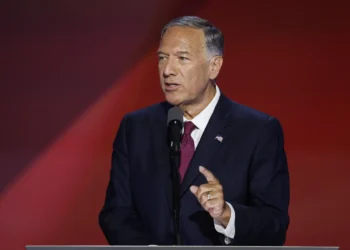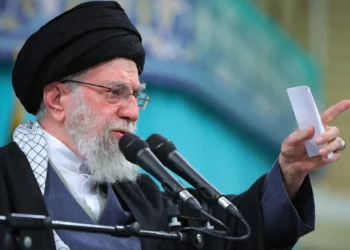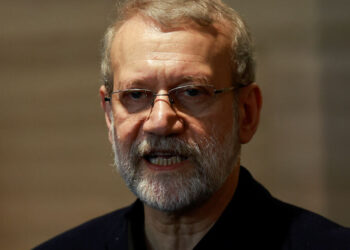WASHINGTON (Realist English). The United States risks strategic regression in the Middle East if it pursues a renewed nuclear agreement with Iran, warns Rafael Benlevi, a senior fellow at Israel’s Misgav Institute for Zionist Strategy and National Security, in a recent column for The Jerusalem Post.
Benlevi, a former IDF military intelligence officer and director of the Strategic Governance Program at the Arghaman Institute, argues that any diplomatic compromise would merely delay the crisis while allowing Tehran to regroup militarily and economically.
“Iran would resume its nuclear program within a few years — this time with a stronger ballistic missile arsenal, potentially including intercontinental capability threatening the US itself,” he writes.
The analyst contends that a revised version of the JCPOA (Joint Comprehensive Plan of Action) would be a symbolic and strategic defeat for Donald Trump, who unilaterally withdrew from the Obama-era accord in 2018. Endorsing a new version now, Benlevi says, would undermine Trump’s legacy and project weakness rather than resolve.
Instead, Benlevi urges the administration to support a potential Israeli strike on Iran’s nuclear infrastructure — a move he describes as limited, precise, and effective, not an entry into war.
“This is not about dragging the US into another conflict,” he explains. “It’s about backing an ally in a calculated action against a weakened adversary.”
Benlevi highlights Iran’s current vulnerabilities: depleted air defenses, exhausted proxy networks, and a fragile economy. He also outlines and counters three common objections to a strike:
- Retaliation against US forces: Benlevi asserts this risk is checked by the credible threat of an overwhelming American response — possibly even regime-threatening.
- Russian or Chinese interference: He deems this unlikely, as neither Beijing nor Moscow is prepared to confront Washington over Iran.
- Oil price shocks: While disruption is possible, he notes that the US — as a major exporter — could actually benefit, while China, which imports up to 15% of its oil from Iran, would suffer more.
“A strike could achieve what diplomacy has failed to do: eliminate Iran’s technical capability to enrich uranium,” Benlevi writes. “The political and economic cost of rebuilding the program after such an attack — especially if it’s clear Israel is prepared to strike again — would be prohibitive.”
Such a scenario, he argues, would strengthen Trump’s credibility as a leader who enforces red lines and demonstrates resolve — sending a message not just to Iran, but to adversaries in Eastern Europe and East Asia.
Benlevi’s perspective aligns with a segment of Israel’s security establishment that views compromise with Iran as fundamentally untenable. He is the author of Cultures of Counterproliferation: The Making of American and Israeli Policy on the Iranian Nuclear Program (Routledge, 2024).
Washington faces a binary choice: appease Iran through recycled diplomacy, or endorse decisive action that could neutralize the threat. Returning to any form of the JCPOA risks surrendering long-term stability for short-term quiet. Whether Trump holds the line — or accepts a deal for de-escalation — will define America’s posture not only in the Middle East, but on the global stage.


